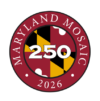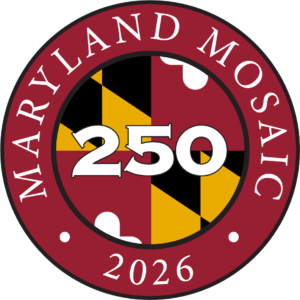Mosaic Pieces
Welcome to the complete Maryland Mosaic.
The Mosaic is not presented chronologically but presents a randomized selection of Mosaic Pieces to spark your interest in a particular event or person. If you would like to have a more ordered chronological overview, use the six fixed time period options on the right of the screen to get a more immediate picture of an historical period. You can also explore by county or by category. Our predefined categories, tags, counties and chronological brackets will help you see links between the Pieces.
The collection has over 140 firsts, including events, people, places, objects, documents or buildings that are unique to Maryland and to the nation. The Mosaic is part of Maryland’s contribution to the U.S. 250th anniversary in 2026. It covers the period from 1776 to the present. You will find at least one Piece for every county and Baltimore City, making this a statewide project.
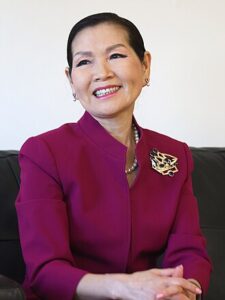
Yumi Park Hogan is the first Korean American First Lady of a state in the U.S.
Yumi Park Hogan is the first Korean American First Lady of a state in the U.S.
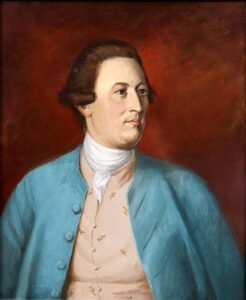
William Paca is first to introduce a Bill of Rights to the new Constitution
William Paca introduces a Bill of Rights during the ratification of the US Constitution in 1788. His proposed amendments include freedom of the press, speech and religion.
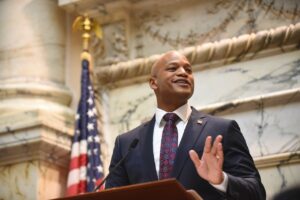
Wes Moore becomes youngest African American governor
Wes Moore’s leadership marks a first for Maryland.
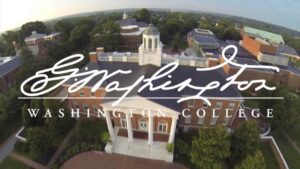
Washington College takes George Washington’s name
Washington College is first chartered private college in 1782 in the new US. Washington lends his name and serves on its board.
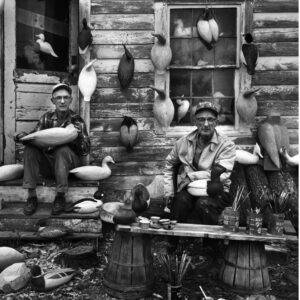
Ward Brothers are the most famous decorative decoy carvers
Lemuel T. Ward and Steven W. Ward, barbers in Crisfield, carve realistic decoys to make extra money. They begin full time carving of realistic birds in the 1950s, turning it into a art form.
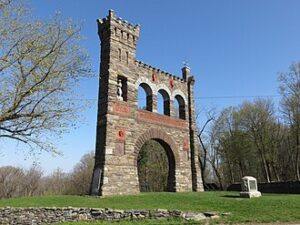
War Correspondent and Author George Alfred Townsend is the First to Erect a Monument Honoring War Correspondents
War Correspondent and Author George Alfred Townsend is the First to Erect a Monument Honoring War Correspondents.
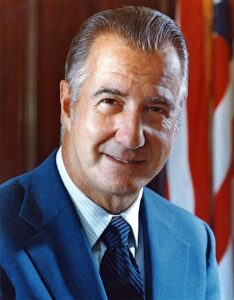
Vice President Spiro Agnew resigns, avoids jail
In 1973 US Vice President Spiro Agnew pleads no contest to taking cash kickbacks from Maryland contractors in the VP office. He escapes jail by resigning. The first VP to be accused of a crime but not convicted is Aaron Burr for treason in 1807.
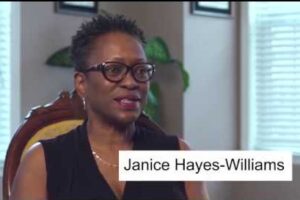
Unknown Black mental patients buried at Crownsville Hospital are honored
Janice Hayes-Williams honors the memory of the anonymous African American mental patients buried at the Crownsville Hospital for the Negro Insane, founded in 1911.
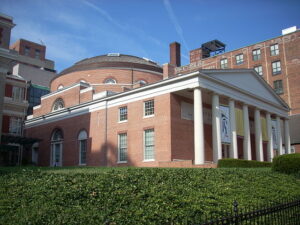
University of Maryland Medical Center: Davidge Hall/ Shock Trauma Center
Davidge Hall and the Shock Trauma Center are the historic firsts of the University of Maryland Medical Center.
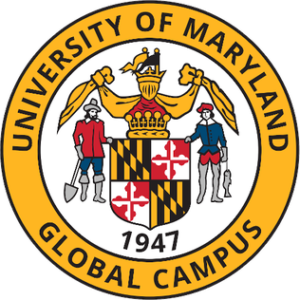
University of Maryland goes global
In 1949 the University of Maryland Global Campus is the first university to send professors overseas to teach active duty service members.
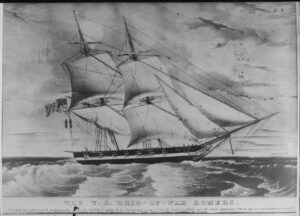
U.S. Naval Academy is founded
A catastrophic naval voyage with the son of the Secretary of War aboard results in a grisly outcome and the creation of the Naval Academy in 1845. Note bodies hanging from yardarm.
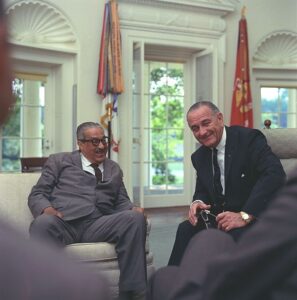
Thurgood Marshall wins Brown vs. Board of Education case in 1954
Thurgood Marshall, Maryland’s most famous lawyer, wins Brown vs. Board of Education case, desegregating public schools. Appointed by President Lyndon Johnson as the first African American to the Supreme Court in 1976, Marshall serves 24 years.

Theophilus Thompson, African American chess master
An African American teen, born enslaved, becomes a nationally recognized chess champion in 1872 in Frederick.
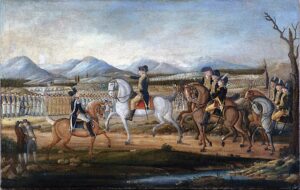
The Whiskey Rebellion challenges the government’s authority
President Washington subdues a rebellion against a tax on whiskey in 1797, establishing the federal government’s ability to tax citizens and suppress violent resistance to laws.
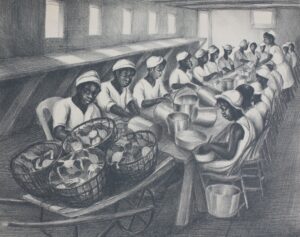
The Water’s Edge Museum opens
The Water’s Edge Museum opens in 2021, featuring works of white painter Ruth Starr Rose who chronicles an African American Eastern Shore maritime community in the 1930s.
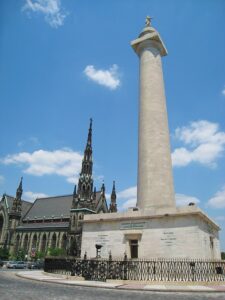
The Washington Monuments in Maryland are first in the country
Baltimore’s Washington Monument is the first erected in 1815 and dedicated to George Washington. The second, more modest Washington Monument is built by Revolutionary War veterans on South Mountain overlooking Boonsboro in 1826.
